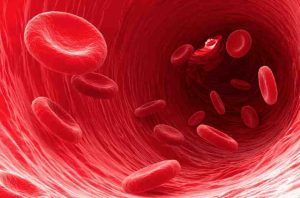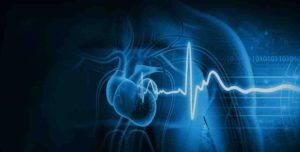
Traditionally, bodybuilders have sworn by high-protein, low-carb diets for muscle gain and fat loss. But a recent bodybuilding champion’s success story challenges this notion. Mark Taylor, a 52-year-old “Mr Universe” winner, achieved his physique by prioritizing carbs alongside sufficient protein. Let’s delve into the science behind muscle building and see how carbs can play a role.
Muscle Building Fundamentals: Training is King
Muscle growth stems from progressive overload training, gradually increasing weight, reps, or sets. This demanding training triggers muscle adaptations during recovery, leading to gains over time. Muscle growth hinges on the balance between muscle protein synthesis (MPS) – building and repairing muscle tissue – and muscle protein breakdown (MPB) – degradation of muscle tissue. The rate and balance of these processes determine overall muscle gains.
Nutrition’s Role: Protein as the Building Block
Proper nutrition supports these processes alongside training. Protein, rich in amino acids like leucine, provides the building blocks for muscle. Daily protein intake and sufficient calorie consumption are crucial for muscle gain. Other nutrients like essential fats, vitamins, and minerals also play a part. Conversely, calorie restriction can hinder training progress.
Post-Workout Nutrition: The Protein Window
Studies suggest consuming 20-40 grams of fast-releasing proteins like whey protein after training can accelerate MPS in the short term. Many athletes also consume slow-releasing proteins like casein before sleep to meet daily protein needs and optimize recovery.
Carbs: Friend or Foe?
The role of carbs in muscle building is debated. Some studies show combining carbs and protein post-workout enhances MPS, while others show no added benefit compared to protein alone. This is because amino acids, not carbs, directly drive MPS. However, carbs may influence MPB. Carbs trigger insulin production, which reduces protein breakdown. Protein itself also stimulates insulin, achieving a similar effect. So, with adequate post-workout protein, additional carbs might not be necessary for pure muscle building.
The Carb Conundrum: Bulking and Cutting
Many bodybuilders use bulking and cutting phases. Bulking involves a 15% or more calorie increase to gain muscle mass, followed by a cutting phase to reduce body fat and reveal sculpted muscles. Low-carb approaches promote fat loss, but they can also lead to fatigue, weakened immunity, hormonal disruptions, and reduced performance.
The Power of Carbs for Training Intensity
Carbohydrates provide energy in the form of glycogen, stored in muscles for later use. Intense training depletes glycogen stores. Replenishing these stores with carbs allows for high-intensity training, which indirectly influences MPS. Low-carb diets and persistently low glycogen levels can hinder muscle building and overall training results.
Carb Choice Matters: Glycemic Index and Recovery
The type of carbs you consume matters. Taylor’s focus on sweet potatoes and porridge reflects a lower glycemic approach. The glycemic index (GI) measures how quickly carbs raise blood sugar. Low GI foods like porridge release energy slowly, promoting sustained energy and combating fatigue. However, while low GI carbs are beneficial throughout the day, research suggests high GI carbs like white pasta or bagels can aid glycogen recovery after intense training. A combination of low and high GI carbs might be a good strategy.
In Conclusion: It’s All About Synergy
Building muscle requires dedicated training, and diet significantly influences the process. Providing your muscles with protein for building and repair, while fueling workouts with carbs, might be a more effective strategy for achieving your muscle-building goals.


